Canada’s insurance industry is being forced to pay a $1 billion GST bill by the end of the month, one many companies never had to pay before. Critics say the move smacks a “banana republic.” For a party that claims it is the low tax party, this government has introduced hidden tax hikes and new taxes.
It is no secret that Canada’s economy is in rough shape. Anyone that looks at the job numbers sees permanent, well-paying jobs, have disappeared and whatever boom of jobs the Action Plan ads claim to have created are in fact temporary and forcefully drop wages in a time when the cost of living is rising rapidly.
Since the defeat of Paul Martin’s Liberal Minority Government in 2006 by Stephen Harper’s Conservatives, the news has only gotten worse, and worse, and worse for the Liberal Party of Canada. The once mighty party was reduced to third party status last year after repeated hits, losses and unfavorable conditions. However, there is a glimmer of hope at the horizon. As the Liberals grow and rebuild, a new Forum poll for The National Post shows, in favor of other polls that have been conducted, that star candidate Justin Trudeau can take them back to the top if he becomes their leader.
A former employee of the Responsive Marketing Group, hired by the Conservatives during last year’s election campaign, says she wrongly informed votes in a northern Ontario riding. In a sworn affidavit by Annette Desgagne she states that she called voters in the riding of Nipissing-Tamiskaming to tell them to vote at a place other than what was indicated on their election card.
Harper’s omnibus crime bill is set to cost Ontario tax payers over $1 billion in increased police and correctional service costs. With this massive jump in spending toward a crime initiative that has failed in Texas, what are the repercussions on the end users – tax payers.
Canada is slowly and barely recovering from the worst economic downturn since the great depression and with the federal budget maxed out as it is, and about to undergo austerity, Harper has decided to ram his ideology down the throats of provincial finance ministers. As we speak, provincial budgets are in bad shape and their debt to GDP ratios are higher than that of the federal government.
When you think of healthcare funding, you will likely think that the money we spend goes directly to healthcare. Unfortunately, it doesn’t. Instead, the money goes to hospital administrators and CEOs who have a tendency of treating themselves well and when cuts come along, they are never the first to get the front end. As the NDP scream that healthcare lacks funding, it is becoming more and more evident that healthcare is properly funded, but mismanaged, yet another strike against a political party that is already well known for being unrealistic.
Regular users of the Canadian Healthcare system know that something isn’t right. The system is broken, inefficient and mismanaged. It has become expensive and for the causes that it has received greater funding, it has not improved. Our healthcare system still easily deserves a failing grade for wait times, understaffing and overall performance but while some believe that it is due to a lack of funds, the reality remains that the funds are mismanaged and that regardless how much money you throw in the system, it will be wasted and your healthcare won’t improve.
Stephen harper may proudly pronounce that the Conservative Party is Canada’s party but if we look at the trends and the likely factors that brought the May 2011 result, we can see a different picture arise.
There has been a lot of speculation around Liberal-NDP merger and while the Liberal Party has swiftly stopped its main proponent Bob Rae from being able to discuss the topic, the NDP kept itself open by rejecting an internal proposal to prevent future talks of merger. While many people have different takes on a proposed merger, what would be the consequence if they chose to or not to merge in the near future?
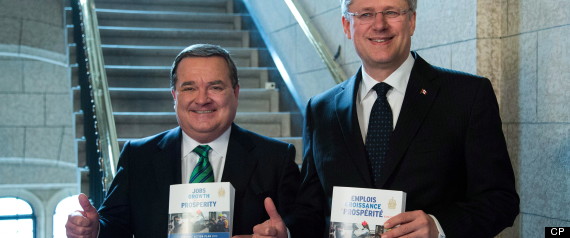

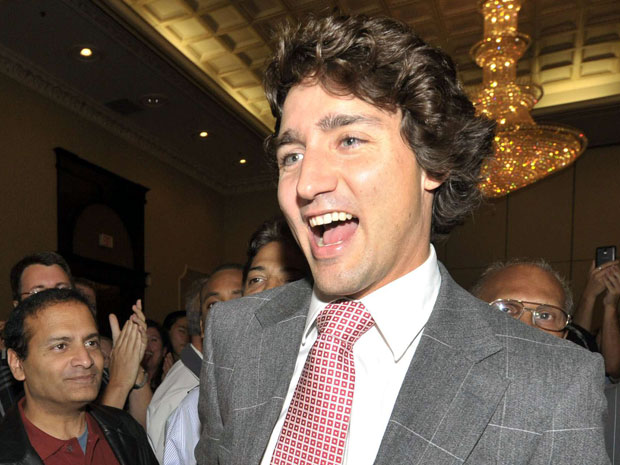
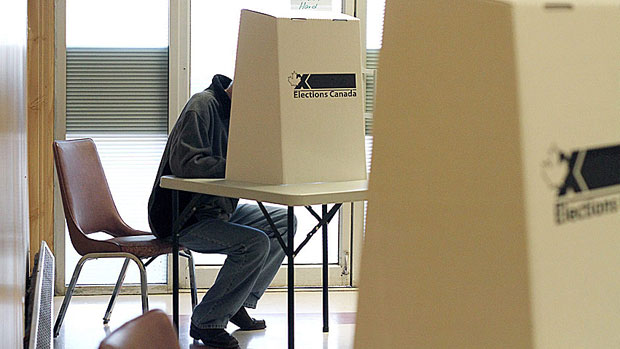


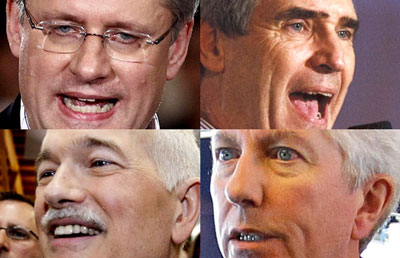
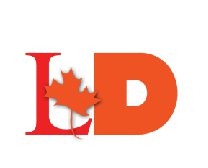
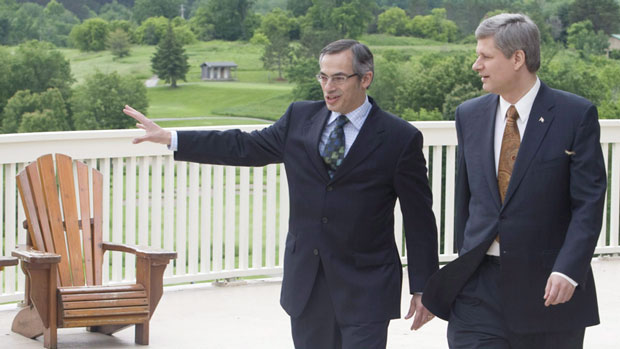
 Share articles about Ontario
Share articles about Ontario